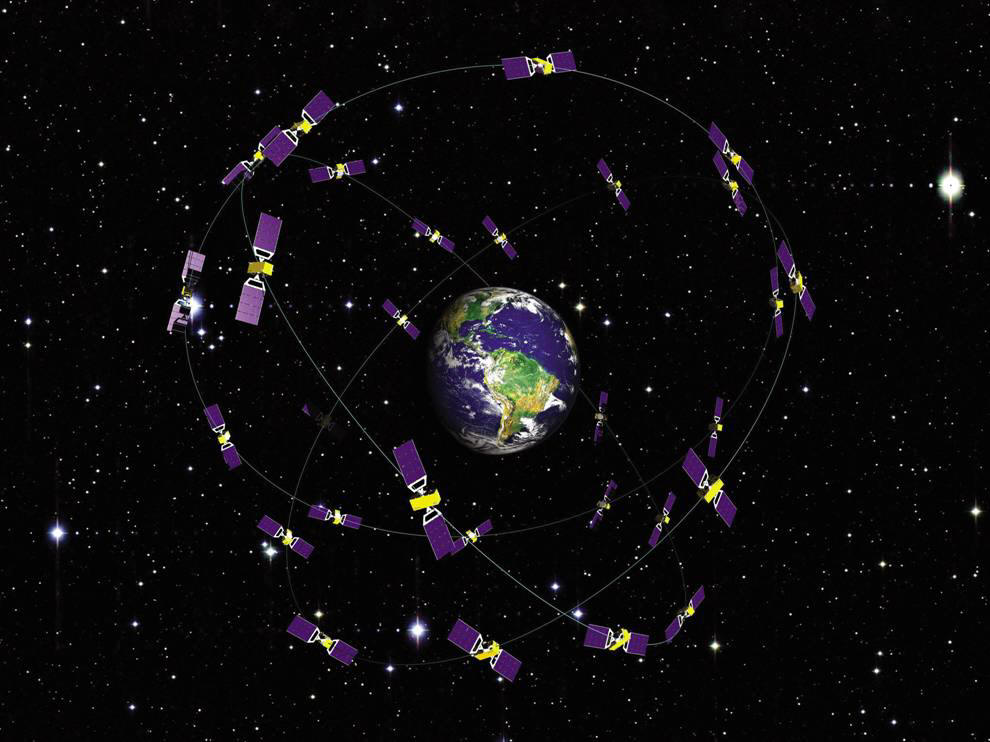INTRODUCTORY
Presentation of introductory seminar

Link to book "A Research Agenda for Space Policy"
Chapter 01 Outer space as a global commons and the role of space law
Chapter 01 Author: Olavo de O. Bittencourt Neto
Chapter 01 Schrogl, Kai-Uwe: "The future of Space Law", page 1201 in: Liber Amicorum Sergio Marchisio, 2022
Chapter 02 International cooperation and competition in outer space
Chapter 02 Author: Larry F. Martinez
Chapter 03 Emergence of and perspectives for a new paradigm in space diplomacy
Chapter 03 Author: Kenneth Hodgkins and Adam Routh
Chapter 03 "Revolution Space - Europe's Mission for Space Exploration", a report of the High-Level Advisory Group on Chapter 03 Human and Robotic Space Exploration for Europe, 2023
Chapter 04 Space traffic management for the future
Chapter 04 Author: Kimitake Nakamura
Chapter 04 RAND (NATIONAL DEFENSE RESEARCH INSTITUTE): "International Space Traffic Management", 2023
Chapter 05 Approaches to space technology developments
Chapter 05 Author: Didier Alary
Chapter 05 Antoni, Ntorina: "Managing Strategy Innovation: Co-Navigating the Strategy Perimeter in New Strategic", Chapter 05 Initiatives at the European Space Agency, PhD Thesis 2023
Chapter 06 Militarization and securitization of outer space
Chapter 06 Author: Arne Sönnichsen
Chapter 07 Regional policy approaches to space security in the US, Asia and Europe
Chapter 07 Author: Pascal Legai
Chapter 08 Critical infrastructure protection and space system resilience
Chapter 08 Author: Christian Heideck and Niklas Reinke
Chapter 08 Schulze, Matthias: "Cyber-Sicherheit im Weltraum" in SWP-aktuell 4, 2023
Chapter 09 Space for public policies
Chapter0 9 Author: Isabelle Sourbès-Verger
Chapter 10 Space and economic development on Earth: the case of blue economy
Chapter 10 Author: Annalisa Donati, Lauryn Lee Hallet and Jean-Jacques Tortora
Chapter 11 Use of outer space resources
Chapter 11 Author: Fabio Tronchetti
Chapter 12 Settling in outer space
Chapter 12 Author: P.J. Blount
Chapter 12 NASA: "Lunar Landing and Operations Policy Analysis", Report 2022
Chapter 13 Space, society and public value
Chapter 13 Author: Rick Wylie, Estelle Godard and Gianluigi Baldesi
Chapter 13 European Economic and Social Committee: "EU space policy and the involvement of civil society",
Chapter 13 Study Report 2023
Chapter 14 Space as a source of inspiration, identity and the arts
Chapter 14 Author: Saskia Vermeylen
Chapter 14 Schrogl, Kai-Uwe: "The popularisation of space - A European perspective" in Space Policy, 2017